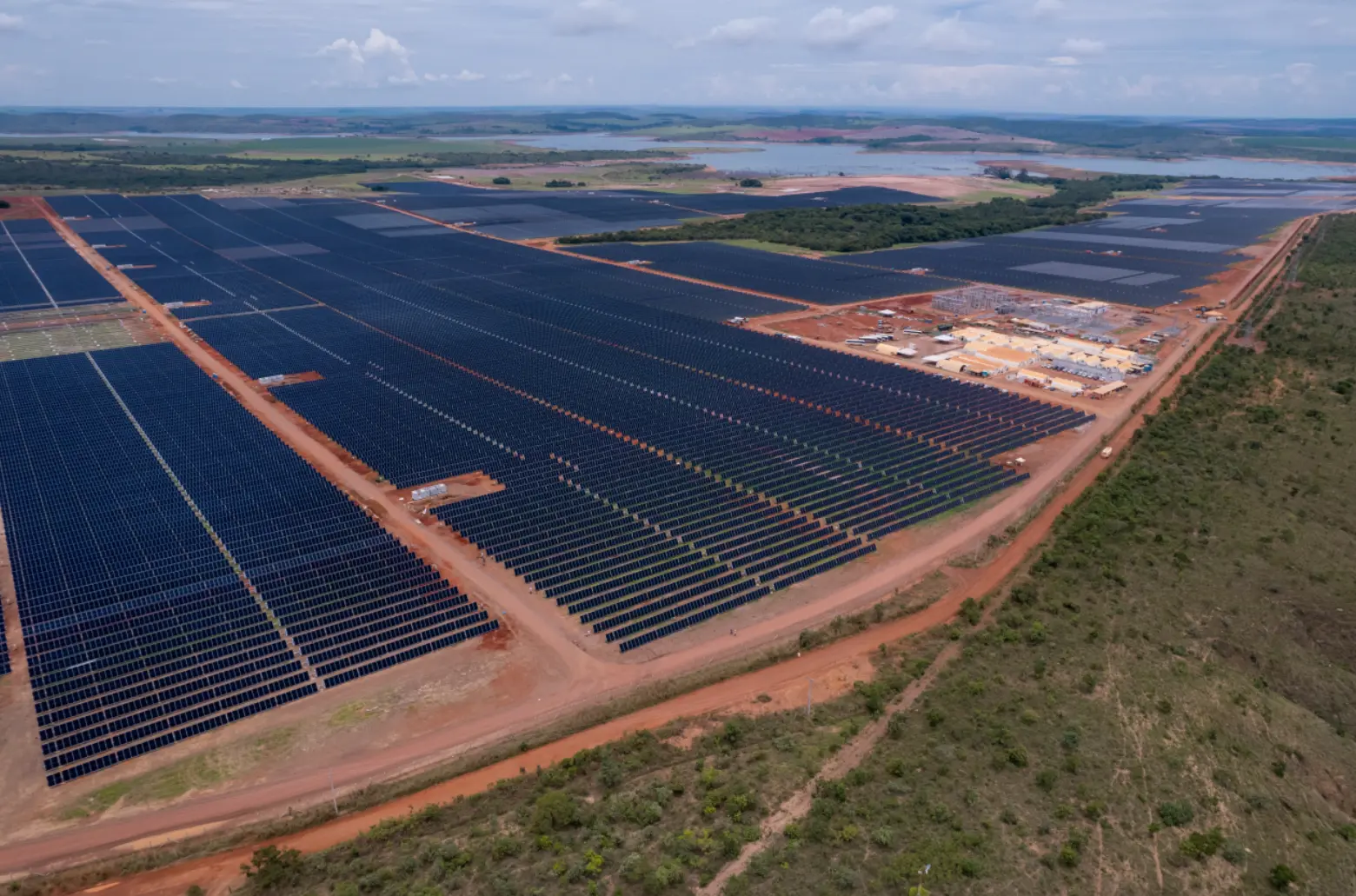SUSTAINABLE LEADERSHIP: FROM WORDS TO ACTION

Once upon a time, a company’s success was judged solely by its financial performance. But profits alone don’t paint the full picture of how well a firm is doing. As companies begin to respond to multiple stakeholders, sustainable leadership, which takes into account environment, society, and long-term development objectives, has become vital.
The global response to the Covid-19 crisis demonstrates the importance of people, the planet, and transparency in business decisions. As world leaders focus on policy and economic actions to help reset the economy, inclusive capitalism, an equitable recovery, and a greener future are now front and center.
For companies, this means it’s time to take a closer look at corporate sustainability strategies.
“We must rethink what we mean by ‘capital’ in its many iterations, whether financial, environmental, social, or human. Today’s consumers increasingly expect companies to contribute to social welfare and the common good,” said Klaus Schwab, founder and executive chairman of the World Economic Forum (WEF) in December 2019 at the launch of the new Davos manifesto for a better kind of capitalism.
At that time, there was no indication of the tumultuous events that were about to rock the global economy to its core. However, a year and a half on, corporate leaders are beginning a journey of continuous improvement, shifting policies to make sustainability and social inclusion central to how they function.
STAKEHOLDER CAPITALISM
The corporate world has always been characterized by competition, with CEOs under pressure to prioritize profits and revenue at the expense of other variables. However, corporate leaders are now beginning to recognize that companies are not just profit-seeking entities, but also an important part of the social and environmental fabric.
In January this year, 60 business leaders, including the CEOs of Dow, Unilever, Nestlé, PayPal, Reliance Industries, and Sony, made a public commitment to the Stakeholder Capitalism Metrics, a set of environmental, social, and governance (ESG) metrics and disclosures released by the World Economic Forum and its International Business Council (IBC) in September 2020, that measure long-term non-financial value creation for all stakeholders.
Signing his company up to the metrics, Marc Benioff, CEO of Salesforce said: “Today is another step forward in the growing impact of stakeholder capitalism. It’s not just about words, but about companies setting clear metrics, measuring our progress, and holding ourselves accountable. Only then we can provide long-term growth for our shareholders, build trust with all stakeholders, and truly improve the state of the world.”
Acknowledging that growth and productivity alone are not enough, without addressing inequality and the environment, the metrics include disclosures centered around four pillars: people, planet, prosperity, and principles of governance, and include areas such as greenhouse gas emissions, pay equality, and board diversity, among others.
AN ESG LENS
The climate conversation has been ongoing for some time, but over the past year, we have seen an increase in urgency, as wildfires and extreme weather events have highlighted the connection between our actions and the environment. Covid-19 also brought into focus how we depend on one another for our health. Meanwhile, as social justice and racial equality dominated discourse in the United States and beyond, we also saw the impact of doing too little to address inequities in our society.
The upheaval brought about by the events of 2020 offers an unprecedented opportunity to rethink how we do things, and the impetus for companies to lead on this has never been stronger.
SUSTAINABILITY WITHIN AS WELL AS OUTSIDE
It isn’t just companies’ impact on the world around them that matters. As quarantine and confinement orders kept the majority of the world’s workforce to their homes, business leaders also began to recognize the need to build a more resilient workforce, prioritizing wellbeing.
At Atlas Renewable Energy, we have seen how this year has given us a unique opportunity to drive conversations around diversity and inclusion while taking into account the complex challenges of keeping a remote workforce together during a pandemic.
As corporate citizens, we can make all the environmental, social, and governance pledges in the world, but without empathetic leadership that enables a diverse workplace, we will never make the necessary progress. If the past year has taught us anything, it is that we need to drive a more inclusive, cohesive, and sustainable workforce to build back better in 2021 and beyond.
WARNING SIGNS FROM THE ENERGY INDUSTRY
The consequences of overlooking the triple bottom line of people, planet, and profits are plain to see. The oil and gas industry, for example, which has long run solely on financial performance, is now losing its social license to operate around the world. If energy companies – and indeed any large company with an outsized impact on people and the planet – are to survive, they must adapt to new realities. Business as usual will not be an option for anyone for much longer.
“If economic recovery defaults to a reboot of pre-COVID-19 activities, societies will have missed an important window of opportunity to transition to a more inclusive and greener growth path,” said chief economists surveyed by the World Economic Forum last year.
THE BUSINESS CASE FOR SUSTAINABLE LEADERSHIP
As more and more corporations around the world start to look beyond immediate, short-term gains, sustainable leadership is becoming the key to future success. However, sustainable leadership is not a purely values-driven play. It’s having the skills to do more with less, driving greater productivity by creating more equitable, inclusive workplaces, communities, and business ecosystems.
Share This Entry


